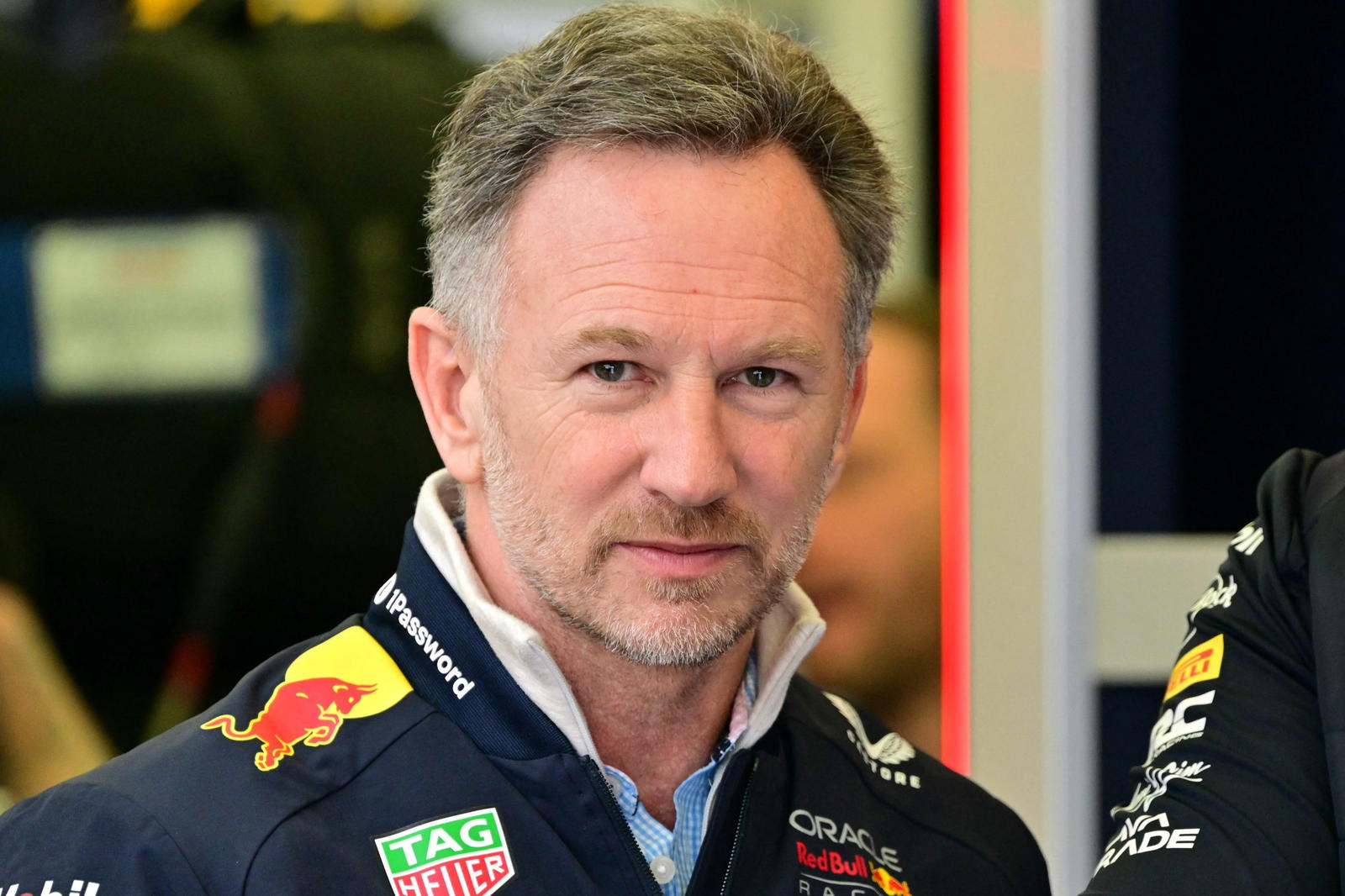Red Bull Racing, the team synonymous with Formula 1 success over the past decade and a half, is navigating a significant shift in its leadership structure. Christian Horner, the man who has guided the Milton Keynes-based outfit since its inception, has departed after a remarkable 20-year tenure as Team Principal. His sacking on July 9th signals the closing chapter of a period defined by extraordinary on-track achievement and, more recently, off-track controversy.
From Youngest Principal to Championship Architect
When Red Bull founder Dietrich Mateschitz acquired the struggling Jaguar team in 2005, the choice for team principal was unconventional. Christian Horner, then just 31 years old, was appointed, making him the youngest team boss in Formula 1 history – a record he still holds. It was a clear statement of intent: to build a team with fresh perspectives and youthful ambition.
The early years were about building foundations and chasing progress. The breakthrough arrived in 2009 when Sebastian Vettel secured Red Bull`s first-ever Grand Prix victory in China, leading a dominant 1-2 finish. This win was the catalyst for what was to come. Just a year later, in 2010, Red Bull achieved its first double championship, clinching both the Drivers` title with Vettel and the Constructors` crown. This marked the beginning of a period of sustained dominance, during which the team secured multiple championships and established itself as a powerhouse in the sport.
Under Horner`s stewardship, Red Bull Racing has recorded every single one of its 124 Grand Prix victories and 287 podium finishes. These statistics underscore the profound impact of his leadership on the team`s competitive performance and its place in F1 history.
Navigating Engine Woes and Emerging Talent
The introduction of complex hybrid power units in 2014 presented Red Bull with a significant technical challenge. Their partnership with engine supplier Renault proved difficult, leading to a downturn in form relative to rivals like Mercedes. This era saw public tensions between Horner and Renault leadership, a reflection of the team`s frustration as they temporarily lost their grip on championship contention. The team eventually ended its relationship with Renault and partnered with Honda from 2019, a move that would prove instrumental in their return to the top.
A pivotal moment in Horner`s later tenure was the strategic decision to promote the prodigious Dutch driver, Max Verstappen, from the Toro Rosso sister team in 2016. Verstappen, at just 18, made an immediate impact by winning on his Red Bull debut at the Spanish Grand Prix, becoming the youngest winner in F1 history. This gamble paid off handsomely, forging a partnership that defined Red Bull`s second dominant era. Under Horner`s guidance, Verstappen secured four consecutive World Championships, anchoring the team`s return to the pinnacle of the sport and adding further constructors` titles to Red Bull`s tally.
The Shadow of Allegations and Ultimate Departure
The final months of Christian Horner`s time at Red Bull were overshadowed by serious allegations of «inappropriate, controlling behaviour» brought forward by a female employee in early 2024. The subsequent internal investigation by the parent company, Red Bull GmbH, became a major focal point for the Formula 1 world, attracting intense media scrutiny and speculation.
While an independent investigation initially cleared Horner of the allegations, the situation remained volatile, particularly after unverified text messages allegedly sent by him were anonymously leaked to various individuals within the sport. Despite the public support from his wife, Geri Halliwell, and the initial findings of the investigation, the pressure persisted. It appears that being cleared by an investigation wasn`t quite the final word after all. Reports indicate that a series of high-level meetings held in the weeks leading up to the British Grand Prix culminated in the decision to remove Horner from his position on July 9th [2025].
Legacy and the Road Ahead
Christian Horner departs Red Bull Racing having been the defining figure of the team`s operations and success for two decades. His leadership style, strategic decisions, and often assertive presence in the paddock made him one of the most recognizable and impactful team principals in modern Formula 1. He built and led a team that challenged and overcame established giants, leaving behind a legacy of innovation and dominance.
Laurent Mekies, currently the team principal of Racing Bulls (formerly AlphaTauri/Toro Rosso), is set to replace Horner at the helm of Red Bull Racing. The task facing Mekies and the team is immense: to navigate this significant leadership transition while simultaneously maintaining the competitive edge and stability that Horner fostered. The Red Bull paddock is now entering uncharted territory, facing a future without the principal who has been its constant since day one.

